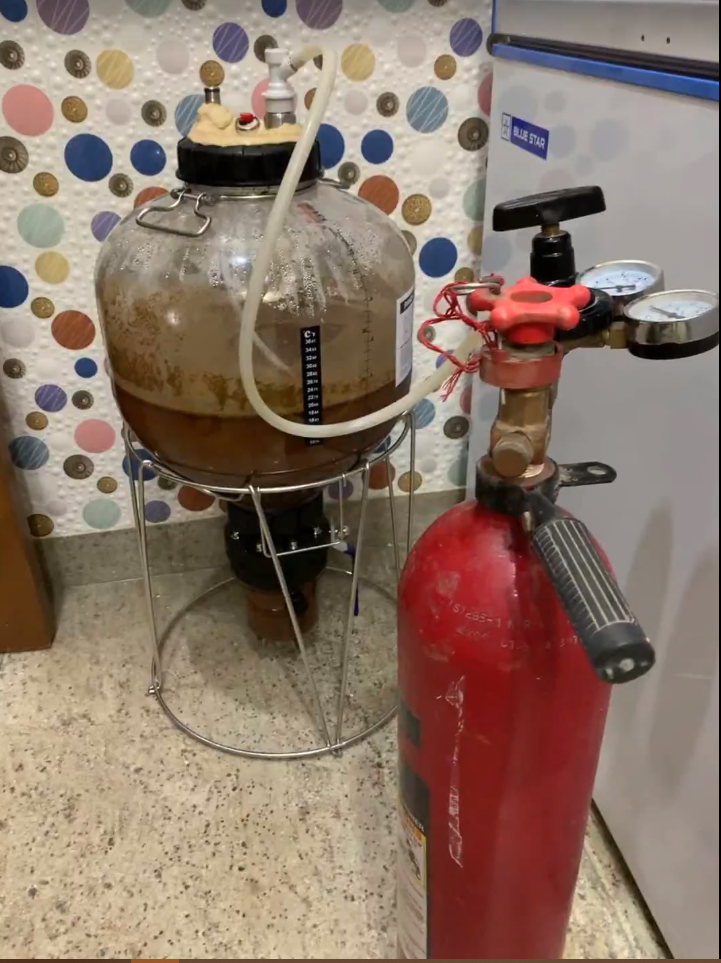One advice, I learnt the hard way. Before you set fermzilla to ferment, connect a co2 line and pressurise the fermzilla a bit to check for leaks & to ensure the lid has firmly set. Even after you pour in wort, do pressurise to ensure proper seal.
I lost all aroma of hops along with the pressure and had to use co2 to re-carbonate. Also the poppet was leaking, tried good old paste but I ultimately managed to fix using plumbers tape. I made a small batch only initially. In the end, managed to troubleshoot and make a lovely chocolate stout.
View attachment 654197
View attachment 654199
View attachment 654198





